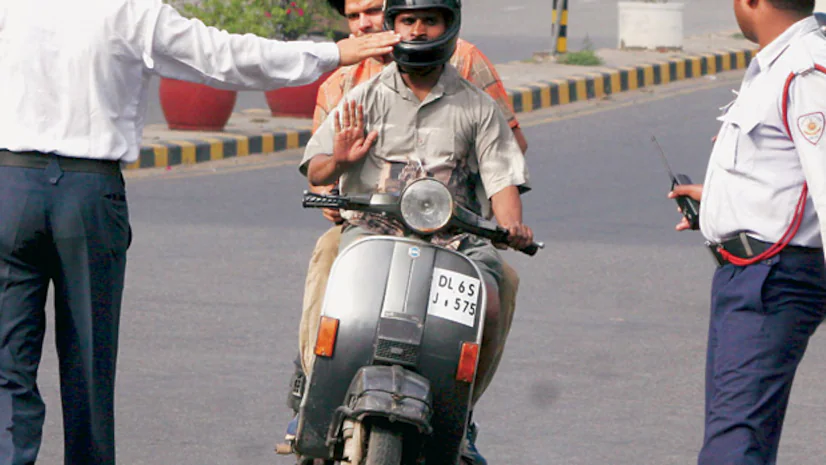India is preparing to introduce a points-based system for driving licences for the first time, marking a significant shift in the country’s approach to road safety and traffic law enforcement.
The Ministry of Road Transport and Highways (MoRTH) is spearheading this initiative, which aims to reduce traffic violations and bring down the high number of road accidents that claim over 1.7 lakh lives in India every year.
Under the proposed system, drivers will receive negative points-also known as demerit points-for traffic offences such as over-speeding, jumping red lights, and reckless driving. If a driver accumulates points beyond a certain threshold, their licence could be suspended or even cancelled. For example, a previous expert committee recommended a one-year suspension for drivers who collect 12 points within three years, and a five-year cancellation for repeat offenders. While the exact threshold for the new system is yet to be finalised, the government is working on amending the Motor Vehicles Act to incorporate these changes.
Encouraging Good Behaviours
The system is not just punitive. In a move to encourage good behaviour, drivers who consistently follow traffic rules or act as good samaritans may be awarded merit points. This dual approach-penalising repeat violators and rewarding responsible drivers-draws inspiration from similar points systems in countries like Australia, the UK, Germany, Brazil, France, and Canada, where such frameworks have proven effective in improving road safety.
Besides the points system, the government is also tightening rules around licence renewal. Drivers with a history of violations will now have to retake a driving test when renewing their licences-a step that was not previously mandatory for timely renewals. There are also plans to make learner’s licences compulsory for low-power electric vehicles and to introduce graded eligibility for learner’s licences, aiming to ensure that new drivers are better prepared before hitting the roads.
The enforcement of these new rules will be supported by technology. Electronic monitoring and handheld devices will allow traffic authorities to track penalty points in real time, making it easier to take swift action against offenders. The government is also addressing the issue of unpaid e-challans, with proposals to suspend licences for three months if fines remain unpaid for over three months.
Despite previous measures like increased fines, India’s roads have remained dangerous, with fatalities showing little sign of decline. Officials believe that the new penalty points system, with its potential for immediate and severe consequences, will act as a stronger deterrent and help change driver behaviour on a large scale.


